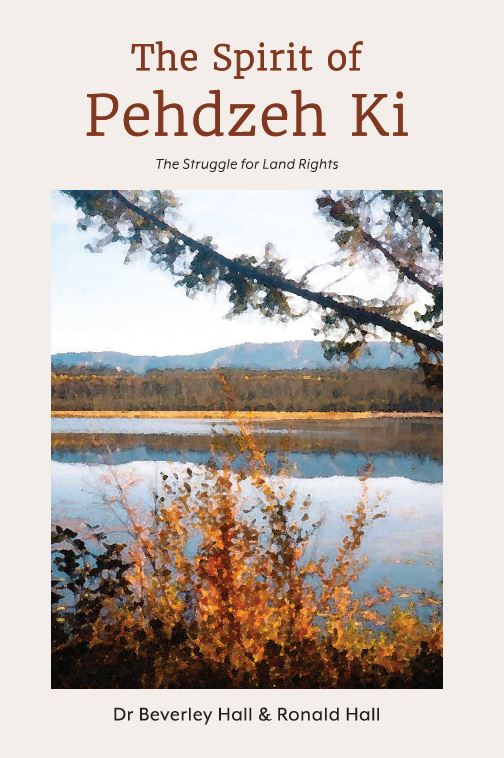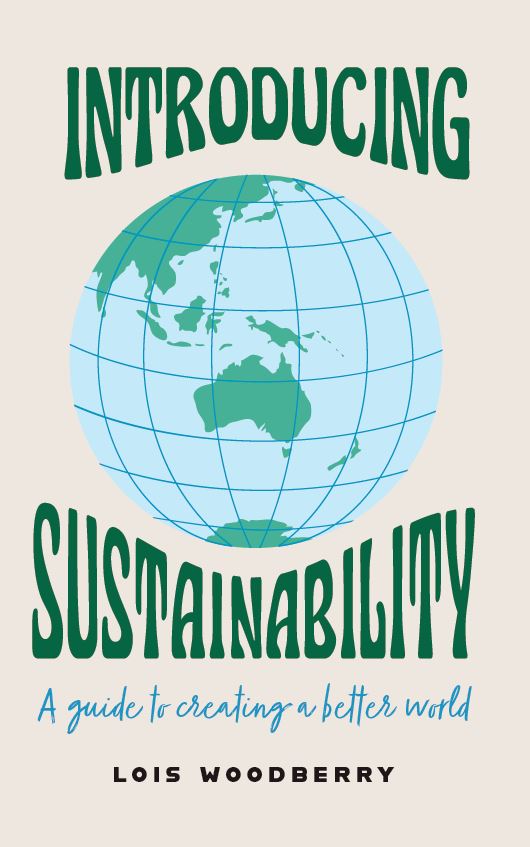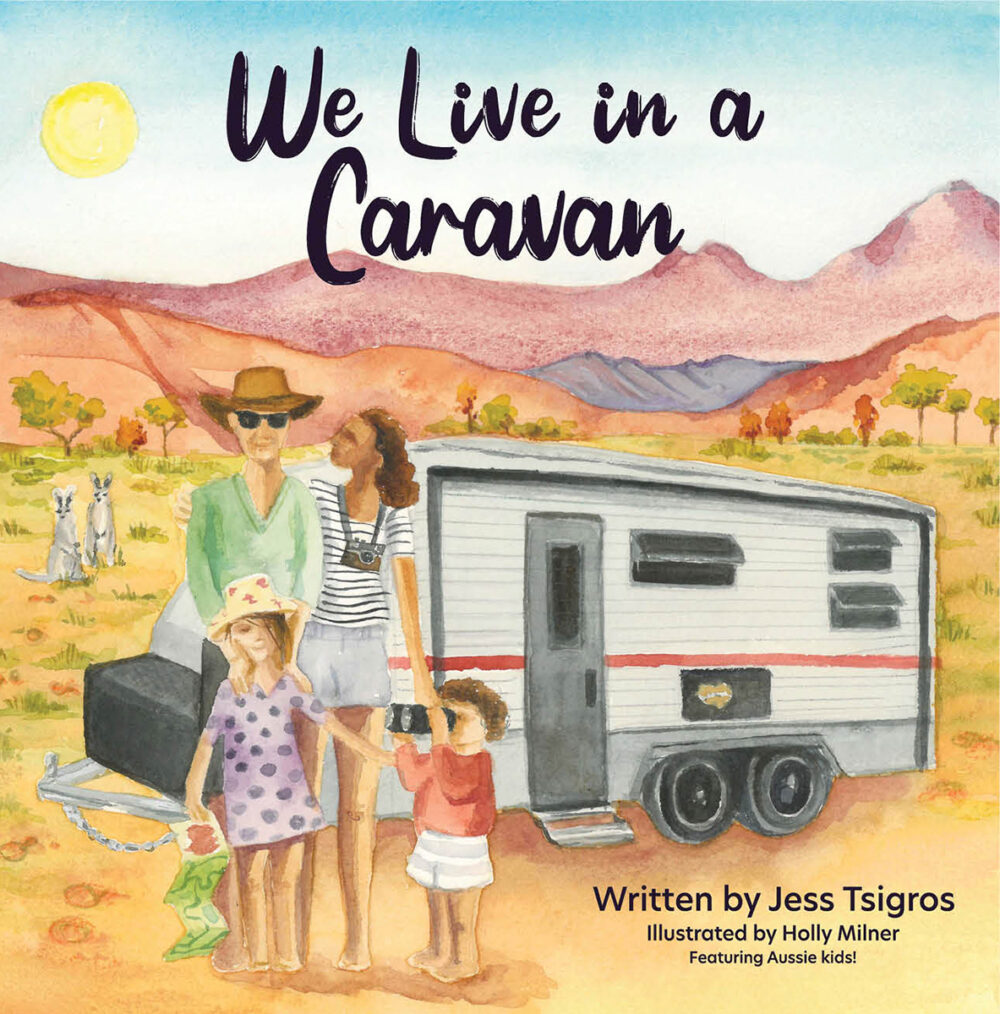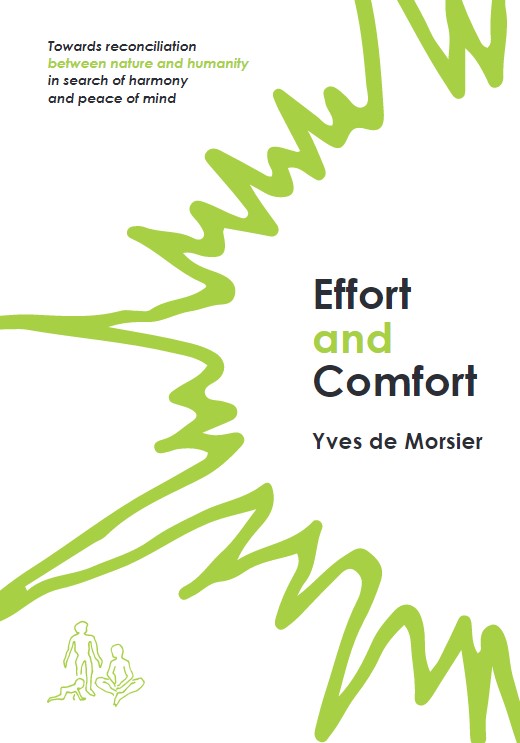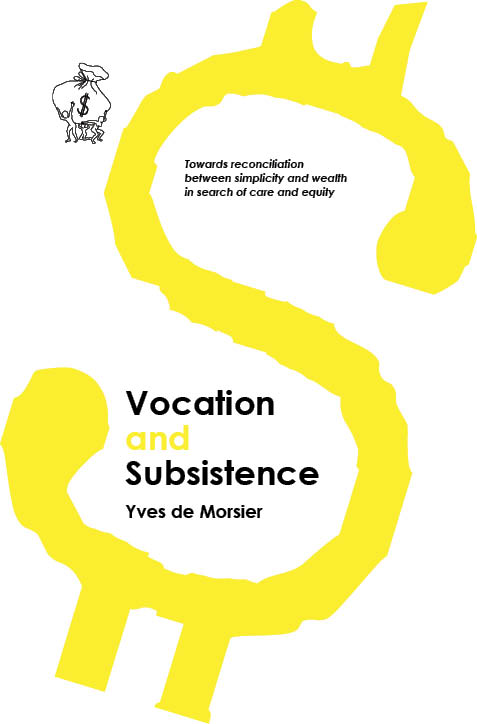HALL, Dr Beverly & Ronald
ISBN 978-1-922803-25-2
PAPERBACK
The Spirit of Pehdzeh Ki
Maintaining a sustainable lifestyle and following traditional values in the face of a barrage of mining and Canadian business interests is quite a challenge.
This book is a comprehensive account of the history, lifestyle and values of a small Slavey Dene community in the Northwest Territories of Canada. The community is located north of the 60th parallel in the middle of the Deh Cho (Mackenzie River) Valley. It is about the history of the Dene people in attempting to maintain their traditional lifestyle and as much as possible sovereignty over their land. The Dene have a long tradition in the north dating back almost 30,000 years. These traditional people have maintained the integrity of their land by respecting what it has to offer. For the Dene life is part of the land and its maintenance is important for the future. The Dene see the land as providing for their people a spirit which became a way of life.

